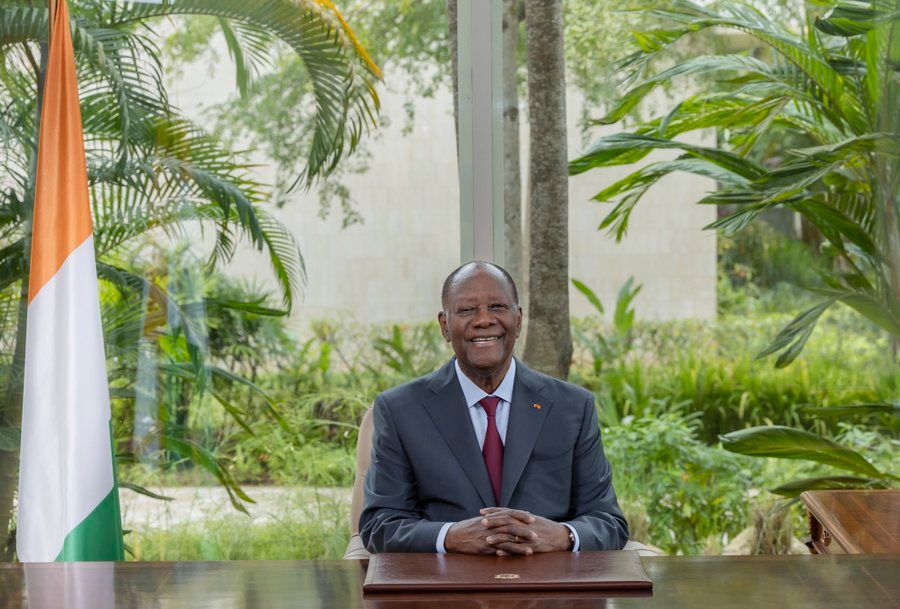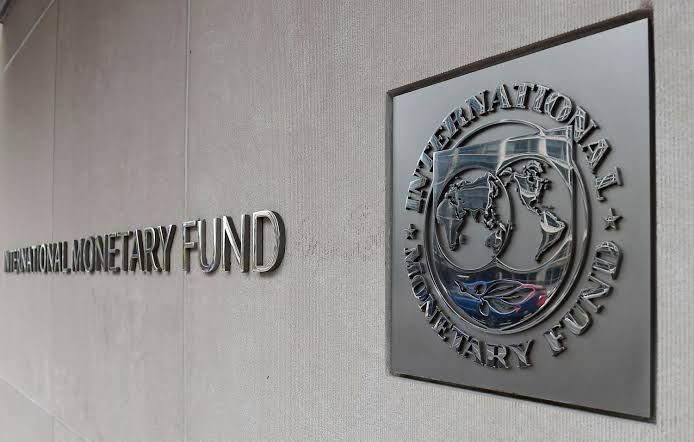President Alassane Ouattara, the 83-year-old leader of Côte d’Ivoire, officially declared his candidacy for a fourth term in the upcoming presidential election scheduled for October 25, 2025.
The announcement, made via a televised address and shared on his official X account, has sparked widespread discussion across the West African nation, given the controversial constitutional changes that have enabled his continued eligibility.
Ouattara addressed the nation with a message that underscored his commitment to Côte d’Ivoire’s progress while acknowledging the calls from his supporters. “For several months, I have received numerous calls from fellow citizens regarding my potential candidacy in the presidential election,” he said, “Women and young people from all regions of Côte d’Ivoire, and countless anonymous voices from our neighborhoods, towns, and villages have reached out.”
The announcement came despite Ouattara’s earlier statements in 2020, when he expressed a desire to step down and “transfer power to a new generation,” a commitment he later reversed following the sudden death of his chosen successor, Prime Minister Amadou Gon Coulibaly.
Ouattara’s decision follows months of speculation and a carefully orchestrated campaign by his ruling party, the Rally of Houphouëtists for Democracy and Peace (RHDP).
RHDP party leader Patrick Achi describing the nomination as “a plébiscite and the expression of a collective will to make the RHDP the undisputed winner of the next presidential election.”

The president’s candidacy has reignited debates over constitutional term limits. In 2016, Côte d’Ivoire adopted a new constitution, which Ouattara and his supporters argue reset the term-limit clock, allowing him to run for additional terms.
However, the Constitutional Court’s 2020 ruling supported this interpretation, stating that his first term under the previous constitution did not count toward the two-term limit of the current one. This legal maneuver has drawn criticism from opposition groups and analysts, who view it as a step toward authoritarianism.












